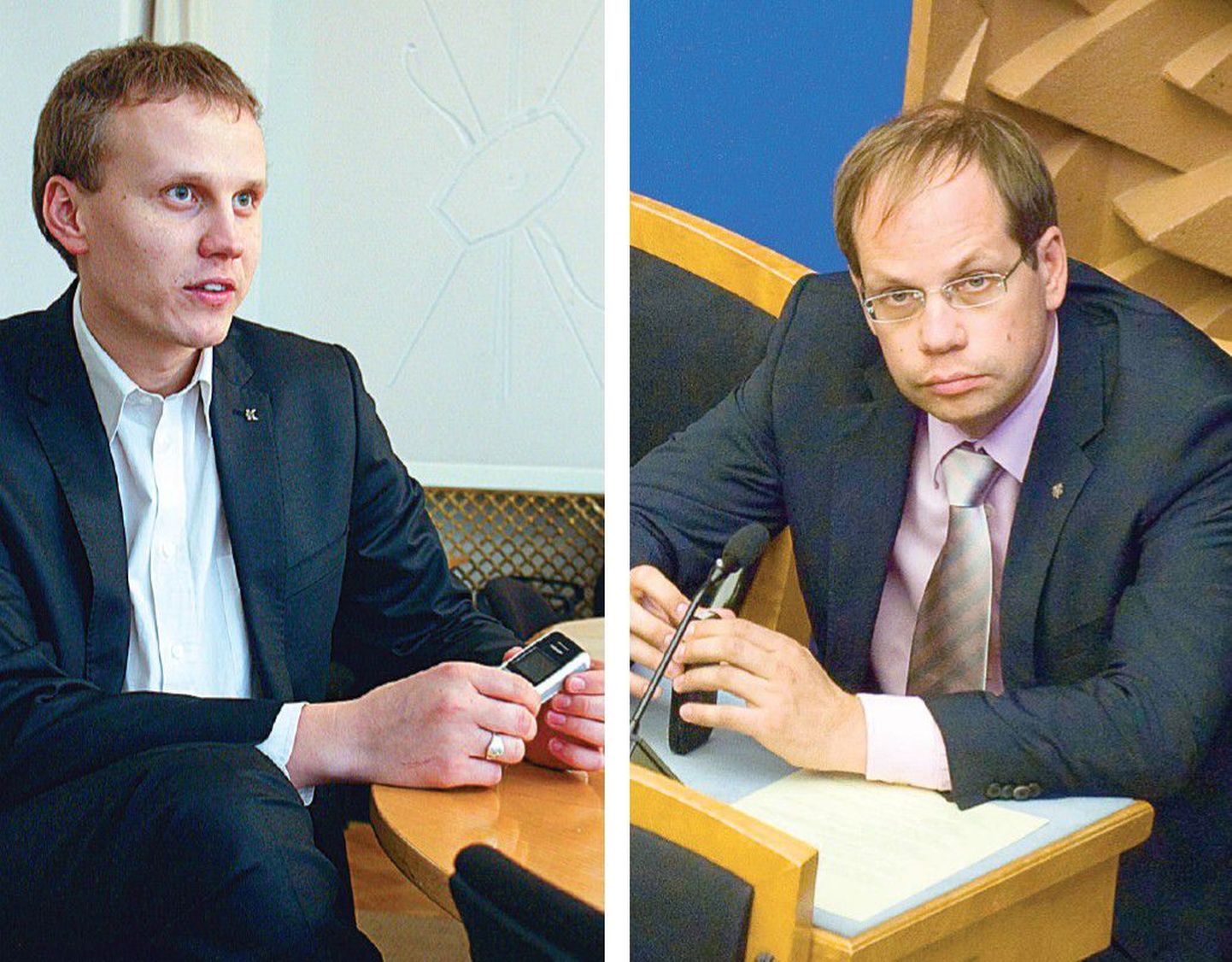
Who can touch the innocent. And should somebody try, in a state based on the rule of law protection is at hand. By that, we could sum up the whole issue around immunity of parliamentarians.

Who can touch the innocent. And should somebody try, in a state based on the rule of law protection is at hand. By that, we could sum up the whole issue around immunity of parliamentarians.
Yesterday, immunity was stripped by Riigikogu from three of its members. Office of the Prosecutor General intends to bring charges against Lauri Laasi and Priit Toobal; regarding Urbo Vaarmann, a legal procedure should continue.
For several years now, stripping of said immunity has been a hot legal topic. Within many a case, some have went as far as to complain that, in Estonia, it is essentially impossible to criminally charge parliament members. As early as fall of 2012, Attorney-General applied to Chancellor of Justice Indrek Teder that the latter propose that Riigikogu strip Mr Laasi and Mr Toobal of immunity. Mr Teder thought this contradicted Constitution; this February, Supreme Court ruled otherwise.
Jüri Saar, professor of criminology at University of Tartu, has underlined (in Sirp, the culture paper on October 26th, 2012) that though law protects Riigikogu as a body from possible political persecution by executive powers, immunity may not equal impunity for its members. «Immunity, in its broader sense, in an anachronism, dating back to the days when rulers were divine, and thus represented the higher powers on the Earth,» wrote Prof Saar.
Hard for the common man to grasp the nuances of high-level legal debate. Even so, any citizen in a democratic rule of law will understand that once a crime has been committed, it needs to be investigated and the criminal judged. He will also understand, that a state is supposed to have ample control mechanisms so all proceedings be just and fair. A citizen would sense that before the law, all are equal – including, of course, Riigikogu members.
Should a person, for some reason, not trust his state, that’s a problem more complex. Should such a person happen to work in a legislative body, it is more complex yet. «Political persecution» – the phrase repeatedly used, yesterday, by opponents to the stripping of immunity – is an accusation extremely severe. But let us herewith recall the situation where those allegedly persecuted have, when criticizing their own (political) opponents, relied on decisions by these very law enforcement authorities.